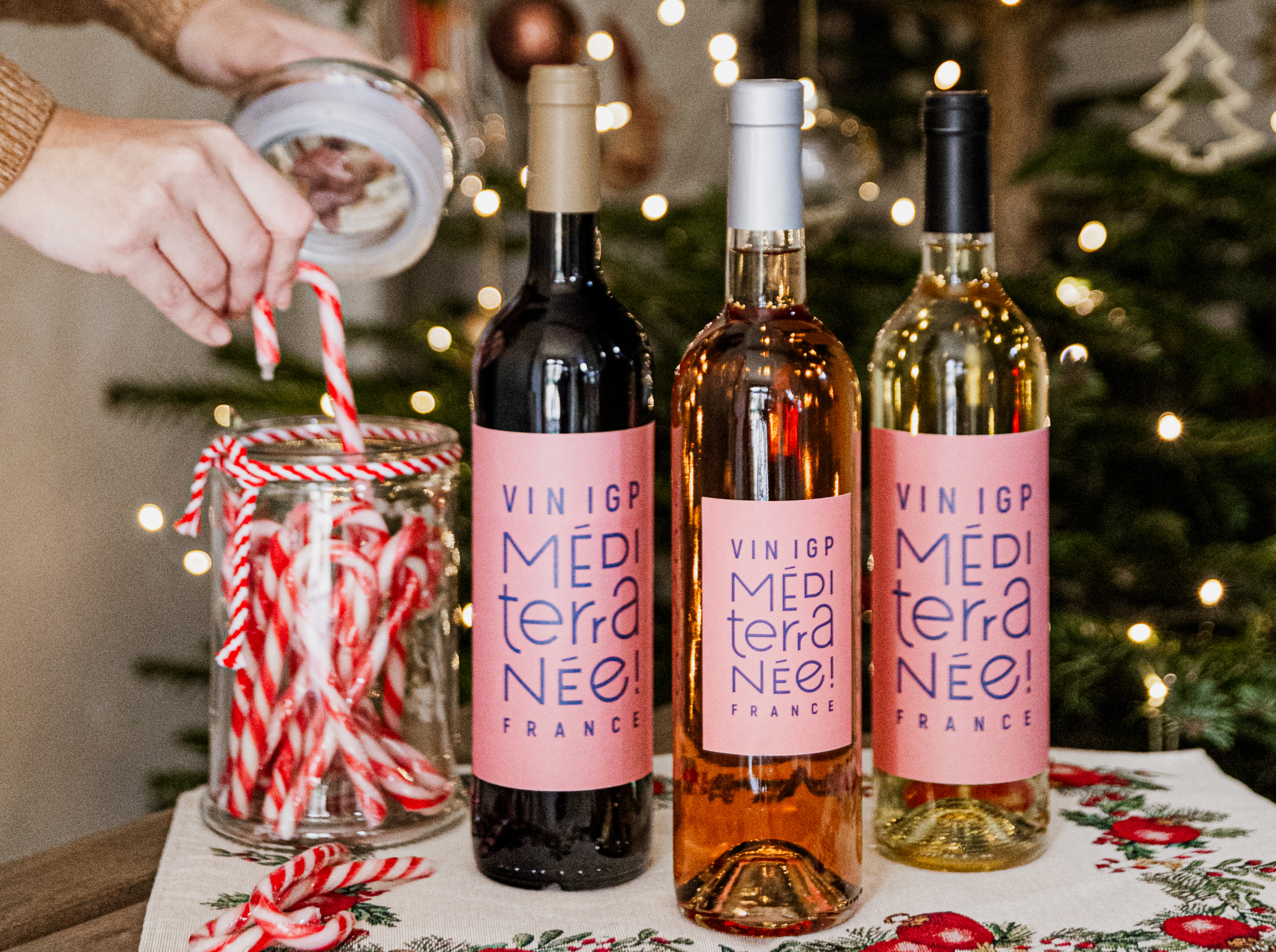Hatch Mansfield: It’s important to avoid knee jerk reactions to Covid-19
Sales director of UK wine importer Hatch Mansfield, Ben Knollys, said that the company may make tactical changes in response to Covid-19, but that strategic or knee jerk reactions should be avoided.
Knollys, who has worked for Hatch since 2002, said the message would be the same as during the financial crisis of 2008.
Speaking to the drinks business, he said: “I remember Patrick McGrath (managing director) and Mark Calver (commercial director) standing up and saying ‘we’re not going to batten down the hatches and see if we can weather the storm. We’re actually going to go out and keep doing what we do well and support everyone in the supply chain, so we come out stronger.’”
“The key thing is to avoid knee jerk reactions and make sure we stick to our strategy,” he added. “We’re not going to suddenly start selling an independent wine into multiple retail, for instance. We’ve been very strong on that. So there will be some tactical changes, but nothing strategic.”
This isn’t to say that Hatch is not responding to the health crisis. Like most businesses, it has set up a successful home-working operation, communicating with team members using video conferencing.
At the start of the crisis, the company moved stock from key lines into another LCB location in order to mitigate the risk of a localised lockdown, should one of the warehouse teams need to go into isolation. In addition, it has halved its minimum order value in order to aid cashflow for businesses, and has, since April, taken advantage of the job retention scheme, with 18 out of the 54 members of staff furloughed.
“I’m delighted to say we’re now at the point where we’re starting to get people back off furlough,” said Knollys, who stressed that the human side of the business – factoring in people’s personal circumstances and keeping them informed – had been key throughout.
“Comms in this period is so important, whether its with staff, customers or suppliers. People are so grateful when they know what is going on, they feel reassured,” he said.
Managing debt
However, by supplying wine to distributors who work with the on-trade, Hatch has been hit by the closures.
Knollys said: “You suddenly have a lot of debtors who simply can’t pay you, and they have to prevail upon us for some leeway on their terms and we must be totally empathetic.”
He said the company was fortunate in that it came into the crisis in a “relatively strong financial position”.
“We are in a position where we can manage the debt, and hope to come out still strong on the other side,” Knolly said.
Partner Content
He said Hatch has been closely working with its off-trade partners and looking at ways to help them survive the crisis. In some cases, it has been able to buy back stock from businesses and redistribute it through other channels.
“The thought of going full-throttle to no business overnight is just unfathomable really,” said Knollys.
Off-trade performance
Knollys said that Hatch, which works with 12 families and 16 wine brands, has performed well in the off-trade during this period.
“There was the initial absolute spike due to stockpiling, but even since then, sales in retail have kept steadily ahead of last year,” said Knollys. “Broadly, the off-trade has been trading very well at all levels, from the multiples all the way down to all the indies that we trade with. Some of the sales recorded at independent retailers in particular has been absolutely phenomenal.”
However, he stressed that due to the breadth of wines the company sells to the on-trade, including some on-trade exclusive products, the off-trade performance has not “completely made up” for the shortfall in on-trade volumes.
He said that the figures were largely driven by still wines, with sales of Champagne “suffering, particularly early on”. However, he did say that there were early signs of recovery.
He added that that well-known brands have performed well, particularly in today’s pressurised shopping environment.
“Every producer has had wines that have performed really well,” he said. “What has been noticeable is that you can’t underestimate the power of a strong brand.
“Consumers in this situation will go with what they know, not least for practical reasons. If you are physically out shopping, rather than buying online, and you have the pressure of social distancing and going in a snake around a supermarket, or being the one person allowed in an independent at a time, there’s a bit of time pressure. You make quick decisions at the point of purchase.”




